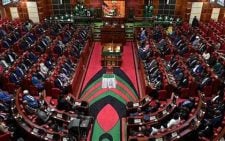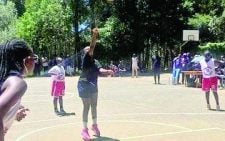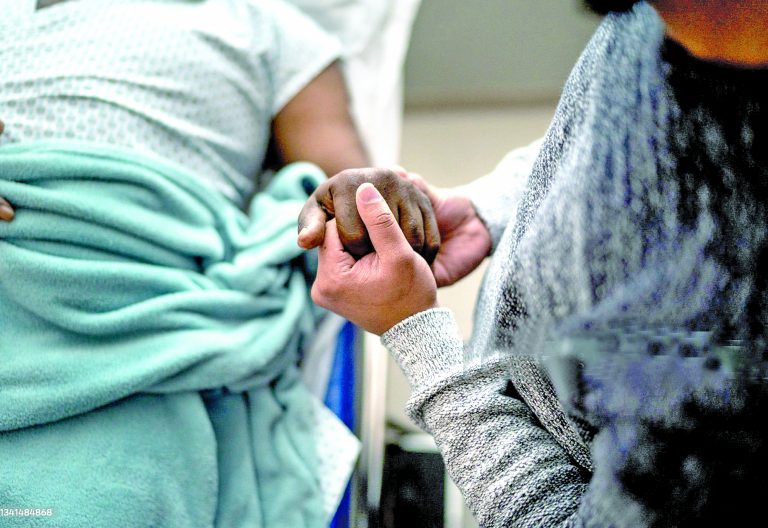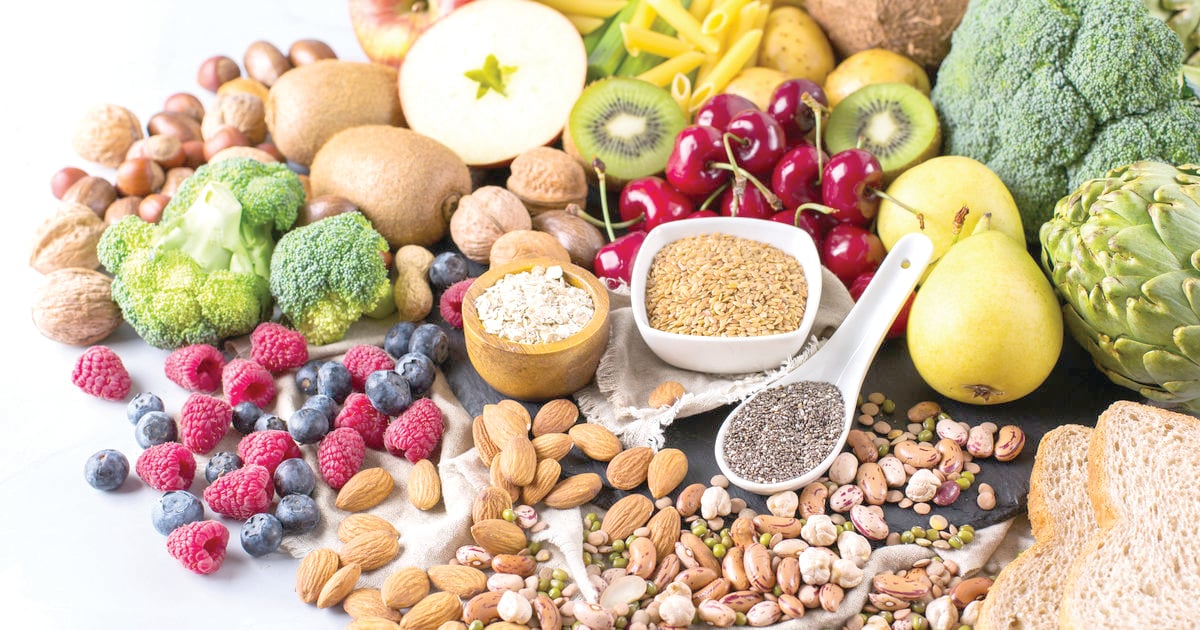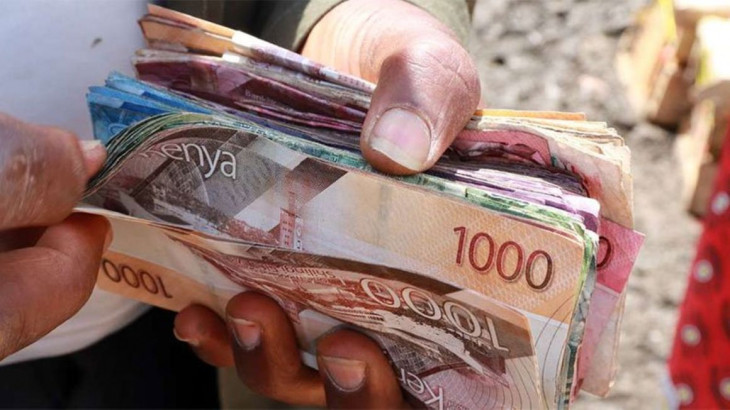Forced marriage, sexually abused and overcoming the pain
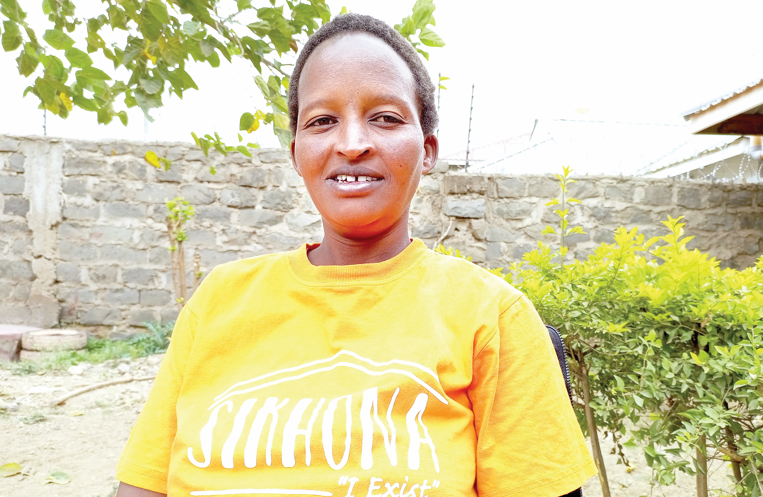
As the annual global campaign towards elimination of violence against women and girls commences on Friday, Peninah Somoire reflects on her traumatic journey in the hands of her loved ones. This year, she was forcefully married off by her parents to a supposedly wealthy and wise man under the cover of night.
Somoire aged 26, from Iliparakuo village in West Kajiado of Kajiado County was forced together with her two children and a four-month old pregnancy from a previous marriage into a Probox car outside their compound at around 10pm before it sped off. The next stop was 46 village, several kilometres from Iliparakuo.
Somoire’s father had earlier hatched several botched attempts to forcefully marry her off before that fateful night.
To avoid such ugly scenarios and reprimands from her parents, Somoire in 2020, conveniently found a man, got married and had two children, a boy and girl. She, however had an on and off relationship with the father of her children as her parents and the entire clan did not approve their union. Hers is the story of survival that not many Maasai girls live to tell.
Lured back home
When all efforts to drive her out of the marriage seemed untenable, her parents lured her back home with an impromptu family meeting. To her shock, a ‘new marriage plan’ was underway.
“I knew something was not right, “she begins.
“I saw strange guests arrive after sundown. My father called me aside and told me he had good news. He said he had found a good man for me. From the look of things everything was set.”
Somoire was horrified. A worrying level of resignation to fate had crept in.
“Its either we kill you or you comply and go with your new husband,” she remembers her father telling her. They had found a new husband for her.
She did not want to start a new life with another man whom she had no feelings for, but-as fate would have it, she had little choice. Her bride price had been paid in full.
In pastoral communities, particularly-where Somoire lives, girls’ lives are still entangled within a culture whose custodians are men. Early marriage and female genital mutilations are far more of a priority than a girl’s education.
Sexually assaulted while pregnant
According to child marriage atlas, an interactive tool by Girls Not Brides organisation that provides child marriage data from all countries in the world, one in every five girls is out of school because of forced, early marriages that were preceded by genital cutting.
Centre for the study of adolescence in a 2021 report notes that half of Kajiado County women (25-49 years) report first marriage by age 21 and half of men (30-54 years) by age 27.
Somoire represents thousands of girls who are forcefully married off every year in Kajiado only to face problems that not only harm them, but jeopardise their future survival, health and education.
Unfortunately, Somoire’s second husband turned out to be a violent drunkard who made her life unbearable.
She explains that the forced relationship was erratic. “At one point, he would come home drunk, abuse me and then rub it in my face that he wouldn’t educate my children. I was so devastated, I was not happy in the new marriage. It was a painful, but I persevered,” she narrates.
However, it was the sexual assault meted on her on May 25, 2022 by her new husband that opened her eyes.
“On that fateful night, my husband came home drunk at 9pm while hurling insults, shouting at top of his voice threatening to kick my belly. A scuffle ensued, I tried resisting, but he overpowered me and painfully forced himself on me leaving me with severe injuries. I was bleeding, but that didn’t stop him,” She tearfully narrated
“When I got an opportunity, I escaped that night and had to sleep in the forest. I woke up the next day in excruciating pain, my body was badly bruised. I managed to walk several kilometres to report the matter to the police,” she says.
After recording a statement with the police, she was admitted at a hospital in Kajiado town with the help of a gender based violence officer. The doctors examined her and found she had lost a lot of blood. “I thought I had lost my baby. But the doctors took good care of me and assured me the baby was fine. I only needed to stay in hospital to heal the bruises,” Somoire says adding that all that time, nobody including her parents or second husband visited her.
She stayed a while longer at the hospital as the GBV officers organised a safe haven for her and the children.
“When I received the call from Kajiado GBV centre, I was touched. This was a special case,” says Agnes Gitonga, executive director at the Kitengela-based Sikhona Rescue Centre, a non-profit organisation that provides physical and psychological safe space for abused women and neglected children. Sikhona is a Zulu word that means ‘I exist’.
The centre also trains the rescued girls and women on farming to improve their livelihoods once there are integrated back to the community. Gitonga notes that the triple threat of pregnancy, new HIV infections and gender-based violence among teenagers is cause for concern, especially in the Maasai community where the menace is rampart, but the reported cases few.
World Health Organisation’s latest data shows Kenya has the third-highest teenage pregnancies worldwide with one in every five adolescents aged 15-19 already a mother or pregnant with their first child.
“The government has already launched a national campaign to end the triple threat, which is sexual and gender based violence, pregnancies and the risk of HIV infection. We need to come up with more programmes in our communities to create more awareness on the triple threat, “says Agnes.
Early life
Somoire was an average student back in 2005 at Iliparakuo Primary School in Kajiado. Unlike other girls her age in the community, she managed to escape from her parents’ home to stay with a relative and took advantage of the government’s free primary education to complete her studies in 2012.
She attained 209 marks in her KCPE despite her parent’s pessimism. The most painful part of it, she says, is how her father responded when he found out that she passed her KCPE exams and was selected for secondary education.
“He was furious. He told me that I should be married off. At this point I knew it was over and my hope was diminishing,” says Somoire.
Luckily, in 2013, she joined Senior Chief Rissa Oloosuyian Secondary School, a mixed day and boarding facility in Kajiado Central and completed her secondary studies in 2016. She wanted to join a technical college and take a tailoring course, but her parents threatened to kick her out if she did not agree to be married off.
Early September 2022, Somoire gave birth to a baby boy. The miracle baby who had survived her assault.
“I’m happy to be in a peaceful environment where my health and those of my children is taken care of. I do not want to go back to my parents,” she concluded.





